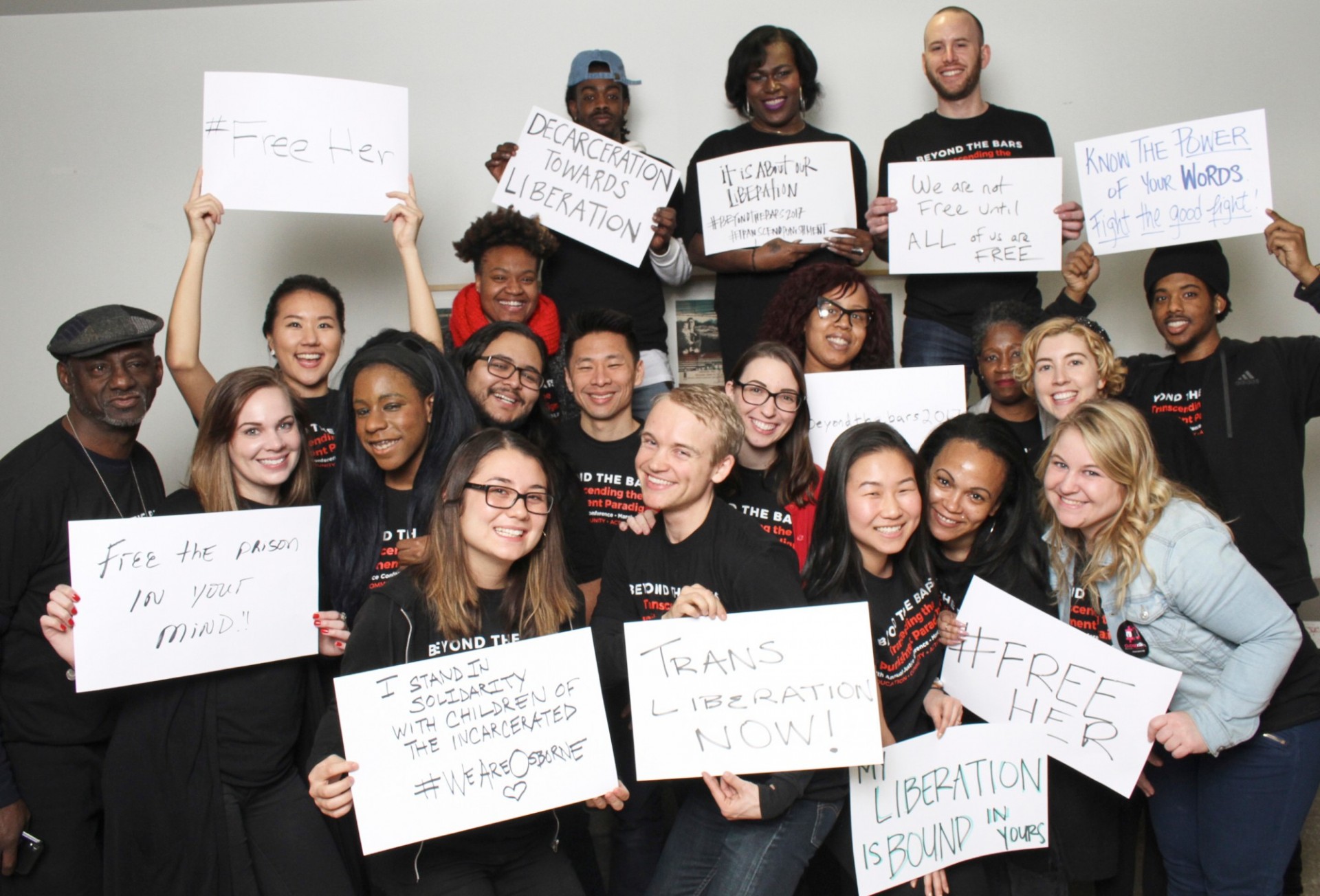
Our Mission
The Center for Justice is committed to ending mass incarceration and criminalization, and advancing alternative approaches to justice and safety through education, research, and policy change. Its mission is to help transform approaches to justice from being driven by punishment and retribution to being centered on prevention, healing and accountability. The Center is interdisciplinary and works in partnership with schools, departments, centers and institutes across Columbia, other universities, government agencies, community organizations, advocates and those directly affected by the criminal justice system.
Our Story
Founded in 2014 by three women, Kathy Boudin, Cheryl Wilkins, and Geraldine Downey, two of whom are formerly incarcerated, the Center is deeply committed to the leadership of people who are formerly incarcerated. Kathy and Cheryl were instrumental in bringing back college courses to Bedford Hills, a correctional facility for women, after Pell grants for higher education were no longer offered. Rich with lived experience and dedication, the Center works with academics, organizers, activists, and community members to create more equitable and effective approaches to justice.
Background
The United States currently leads the world in its incarceration rate, with more than 2.2 million people in its prisons and jails. This figure, which marks a 500% increase over the past three decades, means that while the U.S. boasts a mere five percent of the world’s population, it has more than a quarter of the world’s prisoners. The causes and consequences of mass incarceration are numerous and far-reaching, leading many to assert that it is the civil rights issue of today. From minimum mandatory sentencing and the war on drugs to discriminatory policing and the disproportionate implementation and impact of criminal justice policies on people of color, to private prisons and the divestment from education, to the use of punishment as the primary tool of addressing societal challenges and to the impacts on democracy and voting rights; families, communities and the larger society have been deeply affected by our current criminal justice system.
The United States is now at a historical moment where the consequences of mass incarceration and criminal justice policy have captured public attention promoting calls for change across partisan divide. Based in the strongly held belief that universities have a large role to play in enacting social change, the Center seeks to engage and harness the collective capacity of Columbia University and its range of resources, including faculty and students, to impact the trajectory of criminal justice policy. The Center is an interdisciplinary project as we seek to work beyond individual disciplines to create and support social change. Towards this end, we strongly believe that working in collaboration with those directly affected by mass incarceration and criminal justice policy, including people who have been formerly incarcerated and community organizations and advocates working on these issues, is critical to developing effective solutions. Lastly, we aim to serve as a bridge between academia and community and grass-roots organizations.
